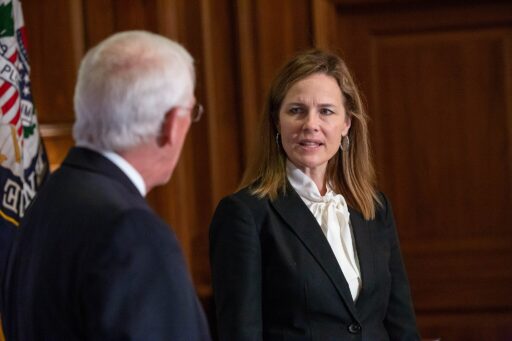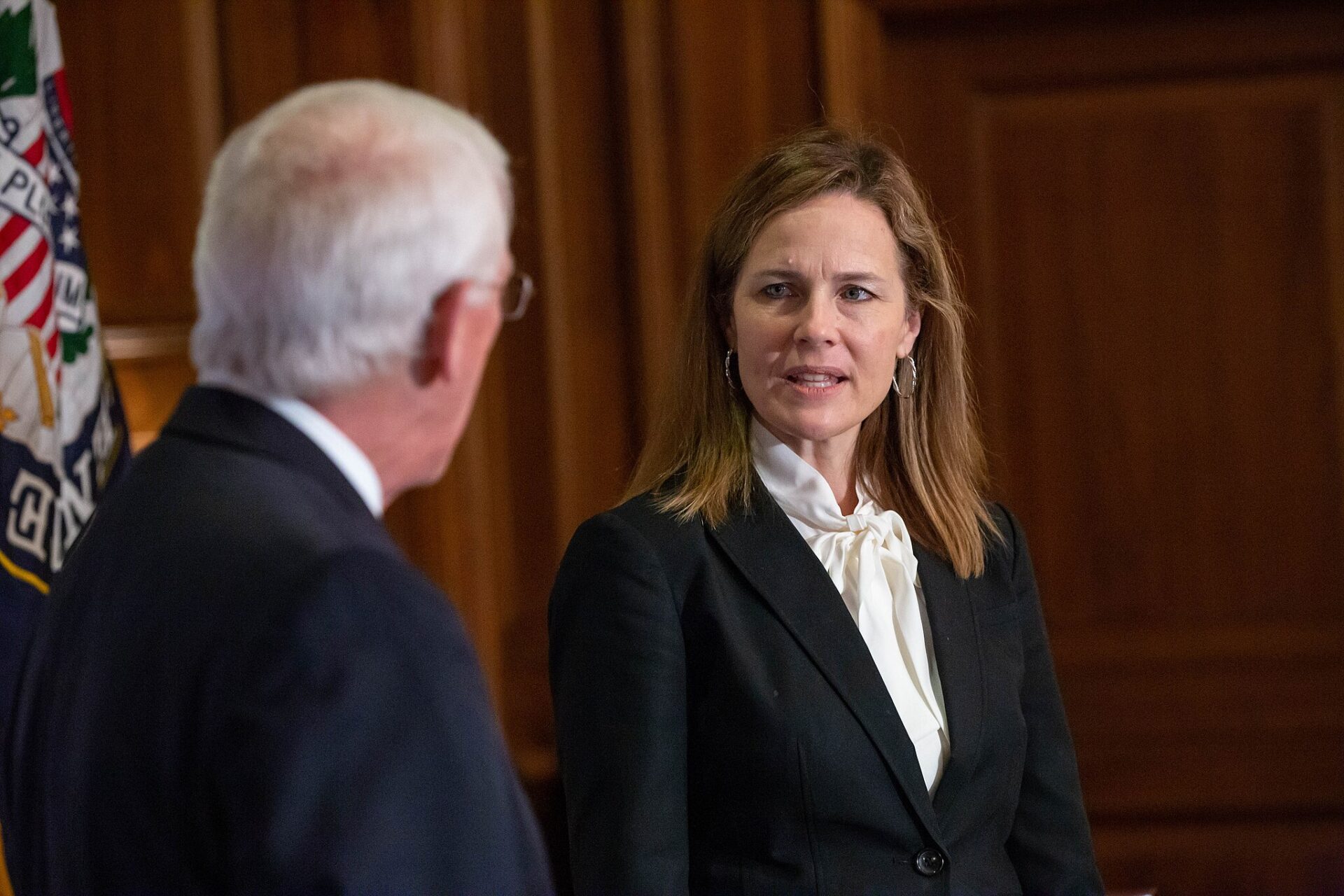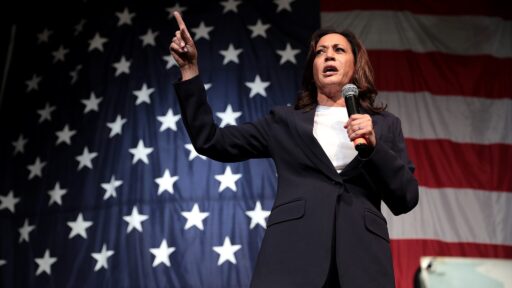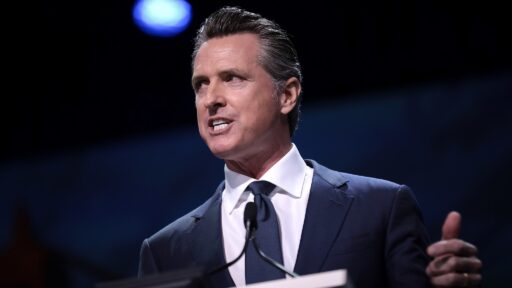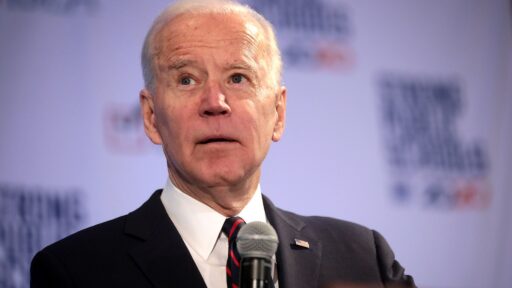Here’s what conservative voters should know…
Supreme Court Justice Amy Coney Barrett recently played a pivotal role in shaping the legal landscape surrounding former President Donald Trump’s upcoming trial for election fraud, according to legal analysis provided by Randall Eliason, a George Washington University law professor.
In a significant decision issued on July 1, the Supreme Court tackled Trump’s claims of immunity, with Barrett navigating a path between the conservative majority, which generally supported broad immunity for the ex-president, and the dissenting perspective of Justice Sonia Sotomayor, who cautioned against granting unchecked immunity that could shield Trump from accountability for potential crimes.
Eliason highlighted Barrett’s contribution in distinguishing between Trump’s official duties and his personal actions, which is expected to guide Judge Tanya Chutkan in Washington, D.C., as she oversees the election fraud case against Trump.
The legal debate revolves around whether certain acts attributed to Trump in relation to the 2020 election could be deemed private rather than official—a distinction crucial for the prosecution. Eliason underscored this point, noting statements made by Trump’s attorney and echoed in Barrett’s concurrence, suggesting that categorizing these acts should not pose an insurmountable challenge for Judge Chutkan.
Trump faces charges stemming from allegations that he attempted to overturn the election results leading up to the January 6, 2021, Capitol riot. Despite being a frontrunner for the 2024 Republican presidential nomination, Trump has pleaded not guilty to all charges, dismissing them as politically motivated.
The Supreme Court’s involvement in Trump’s immunity case caused a temporary halt to proceedings in Chutkan’s court, pending a resolution. Newsweek attempted to contact Trump’s legal representative for comment but received no immediate response.
Barrett, appointed by Trump and regarded as a moderate conservative, expressed concerns in her opinion that the majority’s stance could unduly limit prosecution by excluding evidence related to official acts that might have been used to demonstrate misconduct through unofficial channels.
In her critique, Barrett cited the example of presidential bribery, arguing against excluding evidence of official acts connected to such crimes from trial, asserting that it would impair prosecution efforts.
Addressing Trump’s defense argument regarding his actions with alternative state electors, Barrett firmly delineated that such endeavors fell outside the scope of official presidential duties, thus not warranting immunity protection.
Barrett’s alignment with the majority on these points is expected to significantly influence the ongoing legal proceedings and debates surrounding Trump’s immunity claims, particularly as they are reconsidered in Chutkan’s court in light of the Supreme Court’s recent ruling.
In conclusion, Barrett’s nuanced legal reasoning and alignment with the majority opinion are poised to impact the trajectory of Trump’s legal challenges, potentially shaping the boundaries of presidential immunity and the scope of prosecutorial efforts in cases involving alleged executive misconduct.


